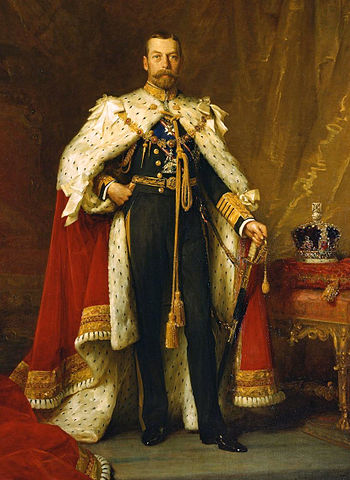Democracy vs Monarchy
Democracy and Monarchy are distinct forms of government with many differences between them. Democracy is a form of government where governing power comes from the people, whereas monarchy is a form of government where an individual, known as the monarch, is given all the political power. Both democracy and monarchy have their own unique attributes and variations, so it is important to examine their differences in terms of head of state, the process of choosing the head of state, how laws are determined, and the various types of democracy and monarchy.
Understanding Democracy
Originating in ancient Greece, democracy is a form of government led by elected representatives. The head of state in a democracy is typically a President or Prime Minister, chosen by the people. In a democracy, the power lies with the people to elect their preferred government, with representatives elected for a specific period. If they wish to continue as representatives, they must face re-election. Generally, all individuals are treated equally under the law in a democracy.
There are various forms of democracy, including representative democracy, parliamentary democracy, liberal democracy, constitutional democracy, and direct democracy. Democracy is founded on principles of equality and freedom, with citizens granted rights to both.
Defining Monarchy
The origins of monarchy are unclear, but in a monarchy, the monarch acts as head of state. Monarchs, who can be Kings, Queens, Princes, or Princesses, remain in power for life or until they are overthrown. In a monarchy, the monarch’s decisions are law, even if they are unjust. Monarchs are not constrained by law as they create the laws in their land. While individual freedom is not restricted in a monarchy, privileges are dependent on the monarch’s decisions, allowing them to favor or punish as they wish.
In a monarchy, power and position are determined by heritage and bloodline. There are various types of monarchy, such as absolute monarchy, constitutional monarchy, elective monarchy, and hereditary monarchy. In a hereditary monarchy, the position of monarch is inherited according to the customary order of succession. Countries like the United Kingdom and Thailand are examples of constitutional monarchies.
Key Takeaways
- Democracy derives its governing power from the people, whereas monarchy grants all political power to an individual monarch.
- In a democracy, all individuals are equal under the law, while in a monarchy, the monarch’s decisions are law, even if they are unjust.
- There are various types of both democracy and monarchy, each with their own unique characteristics and processes.
